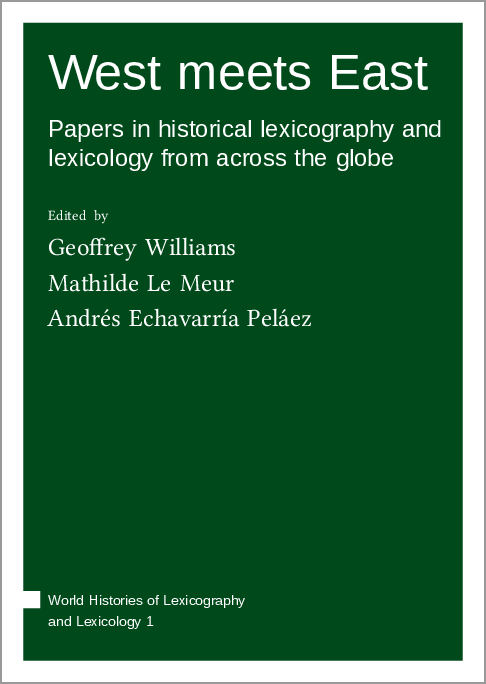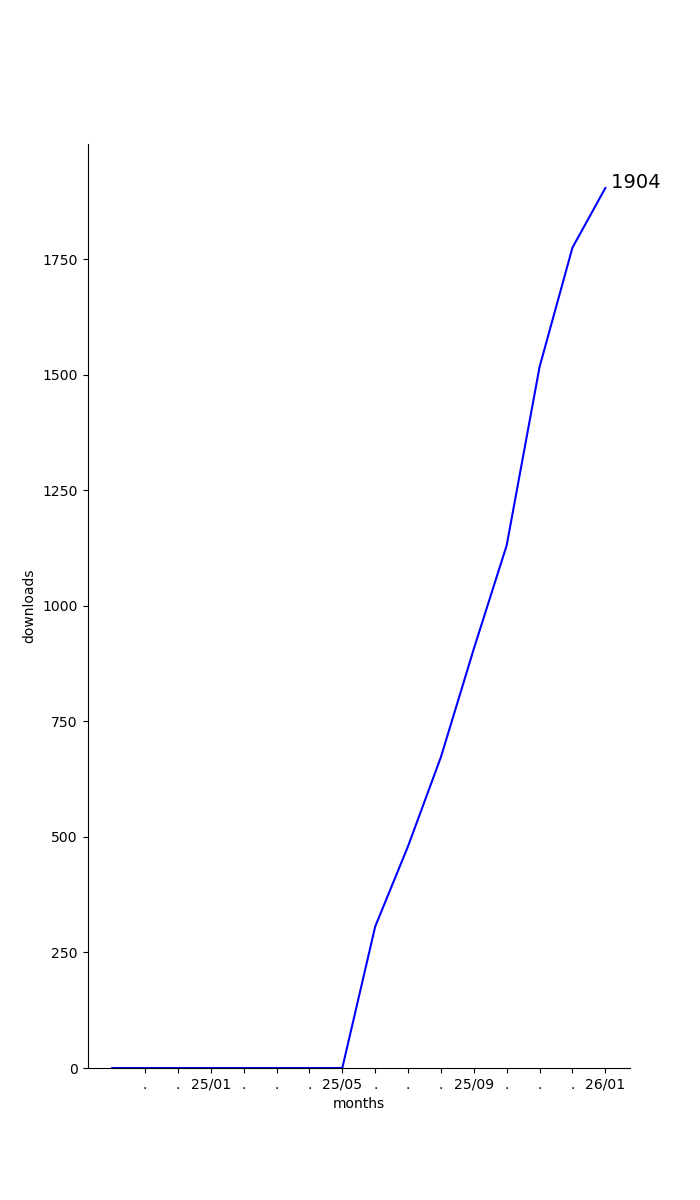We log anonymous usage statistics. Please read the privacy information for details.
West meets East: Papers in historical lexicography and lexicology from across the globe
Synopsis
Lexicography, in its many forms, is a very old, practical discipline solving practical problems concerning word usage. The term “word” seems more appropriate than “language” in this context, as lexicography addresses more questions relating to what we now call lexicology. As with all areas of human endeavour, what developed gradually through trial and error has eventually been subjected to a theoretical framework. The role of historical lexicography is to look back on the development of these highly varied word lists to understand how we arrived at the tremendous variety that characterises practice throughout the world.
This volume is both a selection of expanded papers from one conference on historical lexicography and lexicology, held under the aegis of the International Society for Historical Lexicography and Lexicology (ISHLL) in Lorient, France, in May 2022, and also the first in a new book series dedicated to the field. The new series represents a collaboration between two sister associations, ISHLL and the Helsinki Society for Historical Lexicography (HSHL). The volume contains texts in both English and French that provide insights into dictionaries, their compilers and users using evidence from numerous languages across the globe. It is also diachronic, moving from topics on medieval usage to contemporary issues concerning open access and digital publishing in historical lexicography. The title reflects the global scope of its authors and content, encompassing Japan to the United States, Eastern Europe to the United Kingdom, and Portugal.
Chapters
-
Introduction
-
On closure and its challengesExamining the editors’ proofs of OED1
-
Dictionaries in the web of AlexandriaOn the dangerous fragility of digital publication
-
A dictionary of the languages of medieval EnglandIssues and implications
-
The treatment of English high-frequency verbs in the Promptorium Parvulorum (1440)
-
Disattributing the Encyclopédie article on définition en logique from Jean-Henri-Samuel Formey
-
Project ClevelandDocumenting the lexicographic output of 20th-century Slovenian immigrants in the US
-
The incorporation of proper nouns of Non-Slavic origin into the 16th-century Slovenian literary language
-
Dictionnaires manuscrits dans l’histoire de la lexicographie croateDes recueils de mots aux trésors linguistiques et culturels
-
Évaluer la detteL’étendue de la présence de Richelet dans le Dictionnaire universel de Basnage (1701)
-
De Félibien à BoutardL’évolution du dictionnaire artistique entre le XVIIème et le début du XIXème siècle
-
La valeur pragmatique des langues dites « orientales » dans le Dictionnaire universel de Trévoux (1721)
-
Musical terms of the Greek and Italian origin in the Ottoman Turkish lexicography
-
Exploring the unique method for encoding sinograms in the first known Chinese-Polish dictionary
-
Les travaux lexicographiques de Carlo da Castorano et ses tentatives pour faire imprimer un dictionnaire européen de chinois
-
The bilingual dictionary as a mediator between West and EastThe beginnings of English-Polish lexicography
-
Lexicon Lapponicum Bipartitum.....ungarice scriptumHungarian aspects of North Saami dictionary writing
-
Les exemples dans les dictionnaires français–hongrois à travers les siècles
-
Sul finir d’imparare la Grammatica Francese, fa d’uopo studiar il Dizionario delle FrasiDeux recueils phraséologiques bilingues franco-italiens de la première moitié du 19e siècle
-
Lexicon of Oriental words in Ancient Greek
-
The discovery of a Russian-Tajik Dictionary




